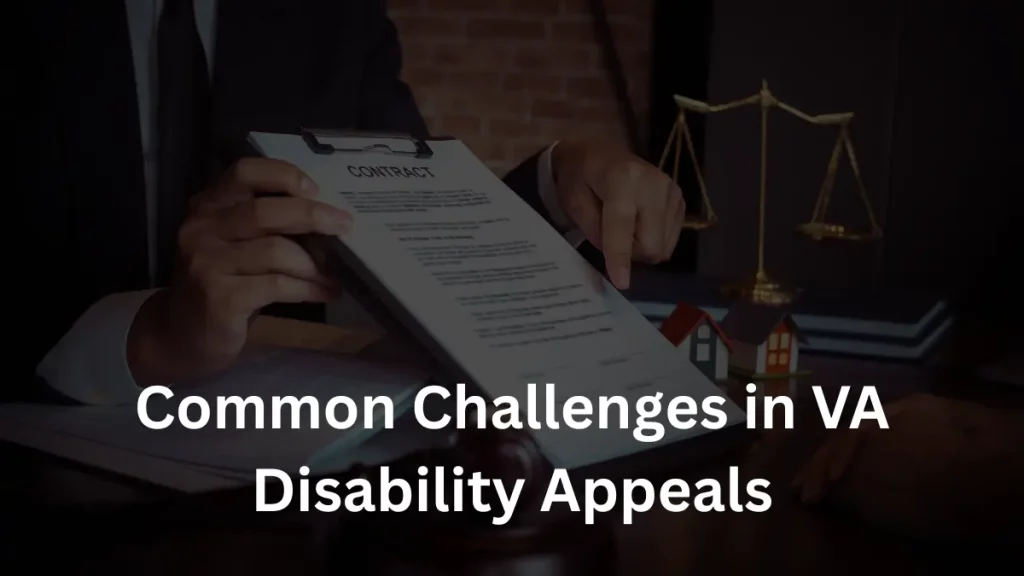Common Challenges in VA Disability Appeals

Navigating the VA disability appeals process can be overwhelming for many veterans and their families. While the system exists to support those who served, it often creates roadblocks that delay or deny access to critical benefits. From long wait times to confusing paperwork, these VA disability appeals hurdles can worsen an already stressful situation. Understanding the most common challenges—and how to overcome them—can make the process more manageable and improve outcomes for those seeking the support they’ve earned.
Backlogs and Delays
One of the most frustrating issues veterans face is the lengthy delay in appeal decisions. As of 2025, more than 230,000 claims were pending, many taking over 125 days to process. Delays stem from administrative errors, repeated document requests, and overbooked medical exams. These delays can create financial strain and limit access to essential services like healthcare and housing. Some appeals may take years, leaving veterans without the help they need.
Inconsistent Disability Ratings
Veterans with similar conditions sometimes receive vastly different ratings. These inconsistencies often result from variations in documentation or how adjudicators interpret medical evidence. A lack of clear or thorough medical evaluations can also lead to lower ratings. Ensuring your condition is well-documented and supported by expert statements can reduce these disparities. Legal support can help strengthen your case and improve your chances of a fair rating.
Complexity of the Appeals Process
The appeals process involves strict deadlines and multiple steps, from filing a Notice of Disagreement to attending hearings before a Veterans Law Judge. Veterans must provide detailed documentation, including medical records and nexus letters. Missing a step or misunderstanding instructions can cause delays or dismissals. Reviewing veterans disability FAQs can clarify these requirements and help veterans understand what to expect. Professional guidance from accredited representatives or attorneys can simplify the process and improve your chances of success.
Poor Communication
VA communications often contain legal jargon, confusing codes, and hard-to-understand instructions. Many veterans miss deadlines or fail to provide needed evidence simply because they don’t understand what’s being asked. While the VA is working to simplify its language, progress is slow. Until improvements are made, reading all correspondence carefully and seeking help interpreting it is essential.
Overdevelopment of Claims
Overdevelopment happens when the VA requests more evidence after a claim is complete. While this is meant to ensure accuracy, it often leads to delays and unnecessary exams. Veterans may be sent to multiple appointments despite already submitting sufficient documentation. Improving training and streamlining reviews could prevent this issue and reduce the burden on veterans and the VA system.
Importance of Legal Representation
Veterans represented by attorneys or accredited organizations are likelier to win their appeals and receive higher ratings. Legal professionals help gather evidence, meet deadlines, and challenge mistakes. They reduce stress and ensure nothing is overlooked during the process. Getting professional help can be a game-changer.
Conclusion
The VA appeals process is complex, but being informed and supported makes a difference. By preparing well, using expert resources, and staying proactive, veterans can navigate these challenges and secure the benefits they deserve.
